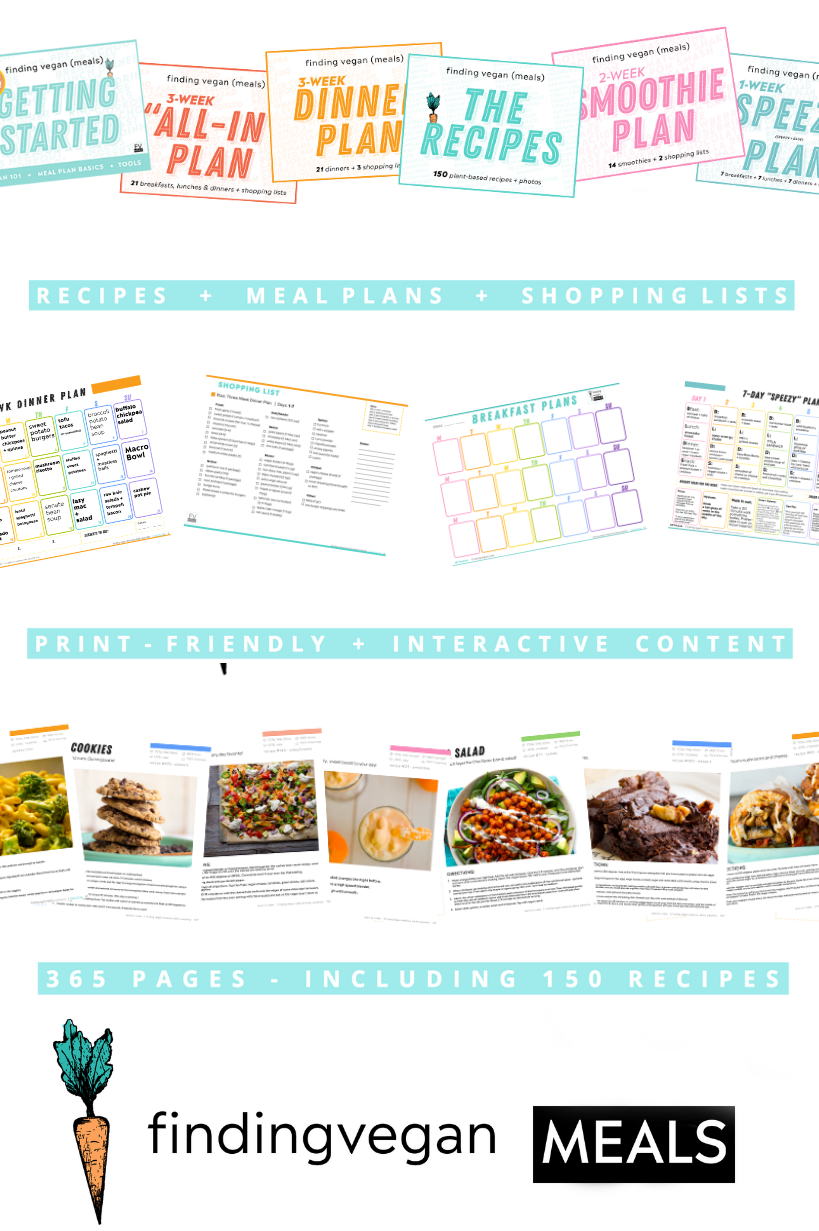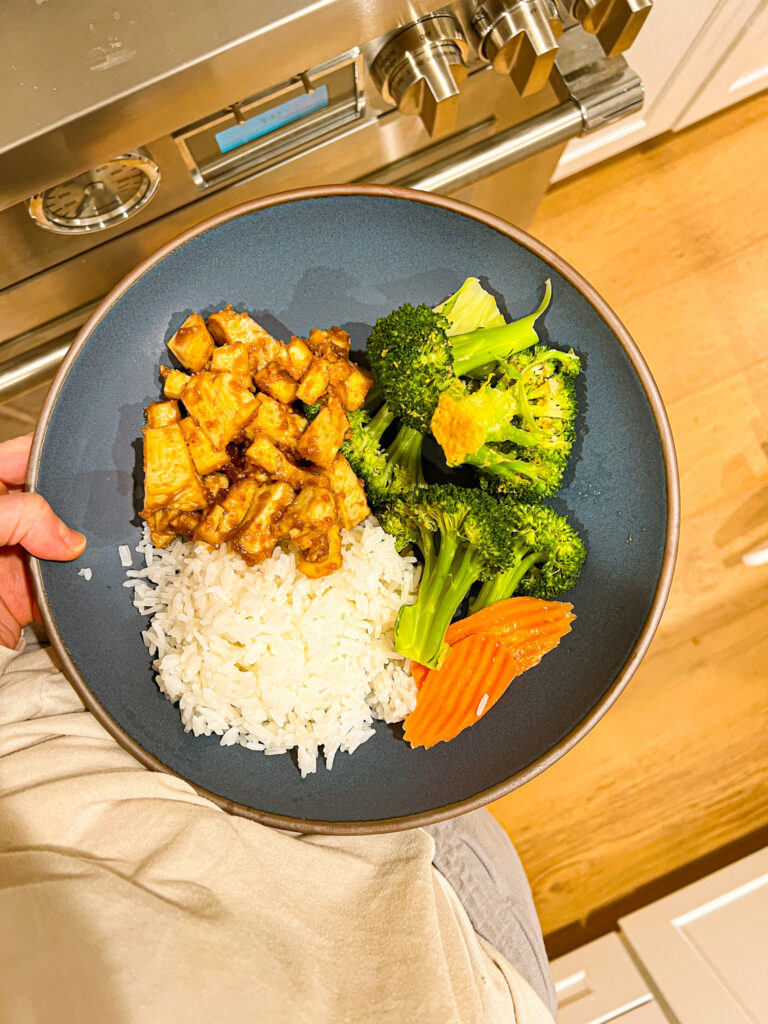
A new 2009 Survey of Health Care Consumers from Deloitte Center for Health Solutions, unveiled some interesting new findings about how consumers view health care.
Twitter your BP to Dr. Tweet? One finding showed that 65 percent of consumers are interested in home monitoring devices that enable them to check their condition and send the results to their doctor. 42 percent want access to an online personal health record connected to their doctor’s office. Key Conclusion: Consumers embrace innovations that enhance self-care, convenience, personalization and control of their personal health information.
Sugar Dr. 7 in 10 consumers say they would participate in a wellness program if they were given financial incentives. Overall, consumers are not too happy. 40 percent of consumers have expressed discontent with the status quo, rating the U.S. health care system a D or an F.
Click ahead for more survey findings...
Reported Findings:
"The 2009 Survey of Health Care Consumers, conducted by the Deloitte Center for Health Solutions, is Deloitte’s second annual study of health care consumers’ attitudes, behaviors and unmet needs. It offers health care industry leaders and policymakers a comprehensive and timely perspective about how Americans approach their health, health care and health insurance.
The study’s framework reflects a broad-based view of consumerism in six zones: (1) wellness and healthy living, including self-care and health management; (2) information sources helpful in consumer decision making; (3) traditional health services provided by medical professionals, hospitals and retail clinics, as well as prescription medications and medical devices; (4) alternative health services sometimes described as complementary medicine; (5) insurance coverage and other financial considerations; and (6) opinions about health care reform.
The transformation of the U.S. health care system requires a deep understanding of the role that consumers play – how they think and behave relative to the lifestyles they choose, the purchases they make and the assumptions they follow in preparing for future health problems and possible costs.
The survey’s key conclusions are the following:
* Health care is a consumer market: consumers find ways to navigate the complexities of the U.S. system by comparing service, quality and costs
* The health care market is not homogenous: it is comprised of six unique segments
* Health cost concerns are changing behaviors
* Consumers want holistic care and resources to pursue wellness and healthy living
* Consumers embrace innovations that enhance self-care, convenience, personalization and control of their personal health information
A sample of interesting findings include:
* Nearly 40 percent of consumers have expressed discontent with the status quo, rating the U.S. health care system a D or an F
* A quarter of consumers have skipped care when they were sick or injured; two in five of those consumers have done so because they simply could not afford it, were not covered by insurance or thought the costs were too high
* Three in 10 switched medications in the past year; 38 percent switched to save money
* 53 percent of consumers would like employers to be required to provide health insurance for employees
* 37 percent favor a mandate requiring every American to obtain health insurance either through direct purchase or through an employer or government program
* 7 in 10 say they would participate in a wellness program if they were given financial incentives, such as a reduced insurance premium or monetary reward
* 13 percent of consumers have visited a retail clinic this year and 30 percent said they would do so if it cost 50 percent or less than seeing a doctor in a doctor’s office
* 42 percent want access to an online personal health record connected to their doctor’s office
* 65 percent of consumers are interested in home monitoring devices that enable them to check their condition and send the results to their doctor"
For a full summary of the "2009 Survey of Health Care Consumers: Key Findings, Strategic Implications" please download the attachment at this link: http://www.deloitte.com/dtt/article/0%2C1002%2Csid%25253d80772%252526cid%25253d252396%2C00.html?wt.mc_id=pr
Contributors to the Survey:
Paul H. Keckley, Ph.D
Executive Director
Deloitte Center for Health Solutions
Laura Eselius, Ph.D, MPH
Senior Fellow
Deloitte Center for Health Solutions









